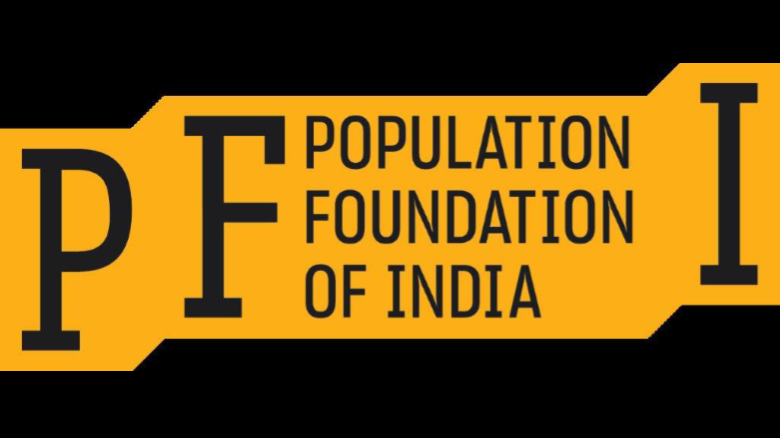
On 24 June, the United States Supreme Court overturned its own landmark 1973 judgment in “Roe Vs Wade” that had made abortion a constitutional right in the country. The decision will have a major impact on the lives of American women, with possibly a near total ban on abortion in roughly half of the country’s states. The verdict will not only hurt women and transgender individuals in the US but will also have global repercussions as it reverses decades of progress made towards gender equality and bodily autonomy of women.
“This is a major setback for the movement to protect women’s sexual and reproductive health rights,” Poonam Muttreja, Executive Director of Population of India said. “Given the global influence of the US across every sphere, this is likely to stigmatize reproductive health worldwide, affecting millions, if not billions, of women.”
The decision’s implication that reproductive rights are not a part of fundamental rights could lead to similar interpretations in different countries. Such a legal regime could lead to more unsafe and unregulated abortions worldwide which are not only a cause of severe health conditions for women but can also prove fatal. The verdict will disproportionately impact women from marginalized communities, young people, socially backward communities and immigrant populations in the US who already face significant barriers in accessing health services.
According to the United Nations Population Fund, 45 percent of all abortions around the world are unsafe, making them a leading cause of maternal death. “Almost all unsafe abortions currently occur in developing countries,” the UNFPA said. Since 1994, four nations, now including the US, have rolled back abortion rights. The US is by far the richest and most influential nation to do so. The other three nations to restrict abortion rights are Poland, El Salvador and Nicaragua.
There is evidence to suggest that restrictive abortion laws can be counterproductive and result in an increase in the absolute number of abortions taking place. The abortion rate dropped by 43% in the decades between 1990-1995 and 2015-2019 in settings where abortion is broadly legal, excluding China and India, according to a study published in The Lancet. In contrast, the abortion rate increased by about 12% “in countries that highly restrict access to abortion,” the study found.
“This is a full attack on women’s rights over their own bodies, and women all over the world should be concerned,” Muttreja said.
For more information, please contact: Martand Kaushik at martand.kaushik@populationfoundation.in
